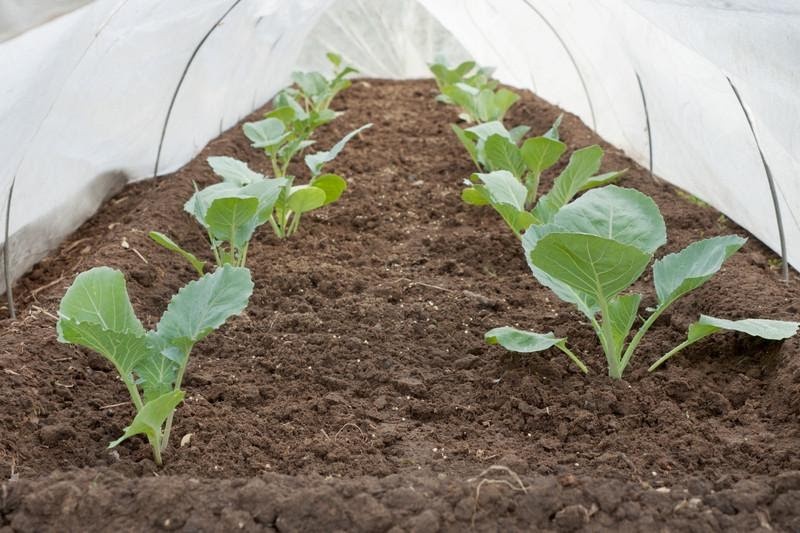
All areas of industry and commerce are aware of their duty to help the environment. Even the simplest act such as recycling - now the norm with most businesses and households - has a major impact and we don't think about such things these days, we simply do it.
In some industries there is always a matter of waste. Agriculture, for instance, covers a wide variety of processes, many of which produce natural waste. Manure processing, for example, is a necessity yet does result in waste, and many other aspects of farming add to the problem.
However, it should also be said that in many ways' agriculture leads the way in innovative waste management and eco-friendly practices. The development of quality agricultural covers, for example, is just one method of enhancing the green credentials of an agricultural set up. Let's talk more about agricultural covers, what they are and what they can help achieve.
What are Agricultural Covers?
It is important that agricultural businesses have the right type of covers for tanks and lagoons if they are to manage their systems properly. If you want to look in more detail, we advise you to read about the custom made examples at IEC Covers who have many years of experience as a leading name in the field. They can offer covers for all types of tanks to achieve a variety of aims.
Modern agricultural covers are designed to help with waste management and can be productive too. Let's check out some of the different types of agricultural covers that can be tailor made for tanks and lagoons.
Types of Agricultural Covers
There's a lot to be said for agriculture and its place in helping the environment in terms of innovation and development. For example, covers can help with the following problems that occur naturally in agricultural process:
Odor control
Rainwater collection
Gas collection
Nutrient management
Manure management
To talk in brief about one of the above, think about rainwater. In many areas there is considerable rainfall across the year. This can amount to huge quantities of rainwater gathering. A custom cover can be designed to collect the rainwater and deliver it to a tank or lagoon from which it can either be pumped away or used for whatever purposes water may be required across the premises. This is a cost-effective way of collecting water for use, and avoiding it pooling where it may cause damage.
Gas collection is another important feature of custom agricultural covers. By collecting methane gas the is the by-product of water and waste management processes the cover - available in various forms - can be tailored to collect the gas for storage. This can then be used as biogas as a fuel source for heat and light. This method of eco-friendly gas collection not only saves money but redirects methane that would otherwise have gone into the atmosphere. Indeed, biogas is among the fastest growing of all the green energy opportunities in agriculture, as there are many areas in which methane is produced.
In addition to the above properties these custom covers have a variety of other benefits including odor control. Odor can be a problem for neighbours of farms and agricultural plants yet with tailor-made covers the problem can be eliminated or controlled. Covers also offer protection from UV light, and stop the growth of algae or other plant life on lagoons and in tanks, thus removing the possibility of contamination by such means.
Such benefits are not only eco-friendly but offer generous cost savings when implemented properly, so it is certainly worth asking the experts to take a look at your plant and processes and see how you can benefit from fitted, custom made covers for lagoons and tanks.
Helping the Environment
The world of agriculture relies very much on nature to do part of the job whatever area of the industry is involved. It follows, then, that this is an industry that should be looking to put something back into the environment and help protect what we have for future generations to manage and to farm.
Being able to manufacture biogas and more as well as collecting rainwater that can be used in place of metered water means less expense on electricity for heating and light, while also helping the environment in as many ways as possible. This sort of approach is important to the agriculture industry, especially as stricter regulations are introduced with regard to waste management and recycling.
If you want to know more about custom agricultural covers there is plenty of information on the website of IEC Covers, for example, so we advise you check them out and see how you can improve your waste and odor management, as well as rainwater and gas collection processes.
© 2025 NatureWorldNews.com All rights reserved. Do not reproduce without permission.





